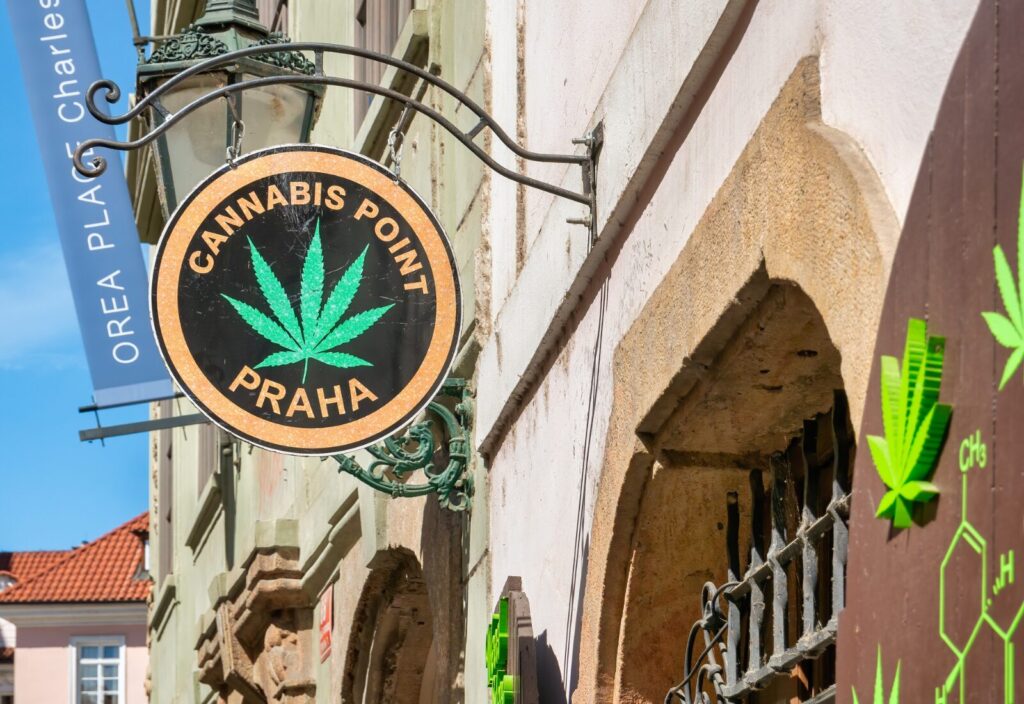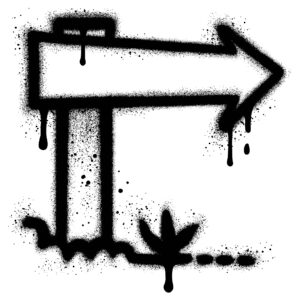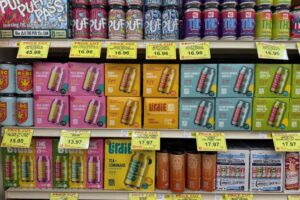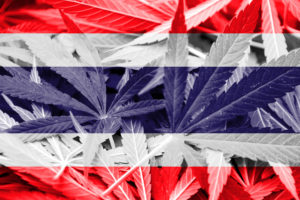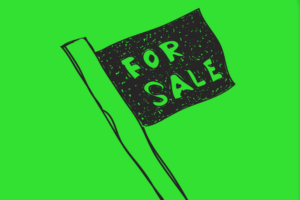Last year, I attended an Expert Seminar in Amsterdam on Cannabis Regulation, EU Drug Law, Trade Rules, and the UN Drug Control Treaties. A central topic focused on advancing full cannabis legalization while complying with EU law and international Drug Treaties. During the discussion, Czechia presented its three-pillar approach to cannabis regulation: (1) decriminalization (in 2010, Czechia decriminalized cultivating up to five plants and possessing up to half an ounce of marijuana); (2) regulation of “psychomodulatory substances”; and (3) full commercial regulation. Like Germany, Malta, and Luxembourg, Czechia’s approach relies on scientific evidence. It shows that regulation, rather than prohibition, better protects children and society’s health, safety and welfare.
What is the Psychomodulatory Substances Law?
The law and related rules (effective on July 1, 2025), creates a new category of psychoactive substances with acceptable health risks. The current list includes four substances: low-THC cannabis extracts and tinctures (≤1% THC), kratom, and kratom extract. Other substances, like Hexahydrocannabinol (HHC), could be added if research shows their low health risks after two years. To be included, substances must prove they don’t pose significant public health or societal risks.
HHC faces hurdles in gaining approval. Czechia previously sought to ban HHC products in 2024. Additionally, the global community is still evaluating the substance. Last year, the WHO completed its review of HHC. Many expect the UN Commission on Narcotic Drugs to schedule it under the 1971 Convention. While cannabis is listed under the 1961 Single Convention, “industrial hemp” is excluded. This creates a legal loophole for low-THC hemp programs.
In Czechia, cannabis with less than 1% THC is classified as “technical hemp.” This classification has led to a legal grey area, increasing illicit-market activity. The Psychomodulatory Substances Law aims to curb illicit market influence by providing regulated access through licensed operators. This will help protect children, adolescents and adult consumers.
Once added to the list, psychomodulatory substances can be sold to adults (18+) for human consumption. Retail sales will begin in specialized stores by mid-2025. However, EU food and cosmetic laws prevent these substances from being sold in finished food products or cosmetics. Commercial operators will need permits to ensure compliance with regulations and local municipalities can impose their own usage restrictions.
Regulating instead of prohibiting ensures safer, quality-controlled products. This protects vulnerable groups. The law seeks to balance public health protections with Czechia’s obligations under international drug conventions and EU law. Czechia believes its approach aligns with its international commitments and the EU’s free movement of goods.
Legal regulation
Many hoped for full legalization of commercial cannabis. EU and international law create barriers the Czech government is unwilling to challenge. As more quasi-legal programs emerge across Europe, pressure may build on the EU to adjust its laws, allowing for fully regulated commercial cannabis sales. Until then, scaled-back approaches like Czechia’s psychomodulatory substances law will help fill the gap.
Conclusion
Czechia’s regulatory framework aims to reduce illicit market activity while prioritizing public health and welfare. It is not the first EU country to explore alternatives to full cannabis legalization and it likely won’t be the last. Despite a conservative government, Czechia balances traditional views with evidence that regulation, not prohibition, is the best approach. As seen in the U.S., low-THC legalization can create a robust market. It can also lead to unintended consequences, like unregulated intoxicating hemp products.
Since Czechia’s law does not allow ready-to-eat low-THC products, it remains unclear whether the country will face the same challenges seen elsewhere. While illicit market activity in cannabis extracts and tinctures will likely decrease, demand for ready-to-eat, low-THC products may rise. Until countries regulate the entire supply chain—from seed to sale (including ready-to-eat products and high-THC marijuana)—it will remain difficult to eliminate illicit market influence. Czechia operates within the constraints of EU and international law. This hinders EU members from implementing fully legalized commercial cannabis programs. As a result, the illicit market will continue to fill any gaps left by these limitations.










